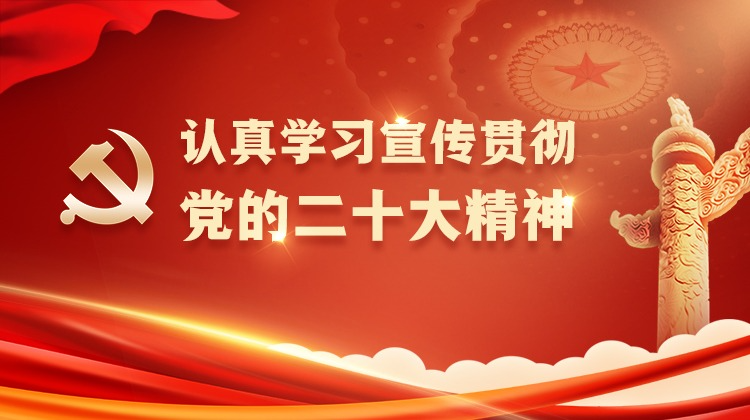
Russian President Vladimir Putin's ongoing visit to China has garnered global attention.
As the Russia-Ukraine conflict has entered its third year, it's no surprise that the United States and the European Union persist on "urging" China to "persuade" Russia to help resolve the crisis. What the US and the EU refuse to accept is that China is a third party, which neither triggered the conflict nor can resolve it. Instead of sitting idly by and waiting for further deterioration, China has been actively engaged in promoting peace. The Chinese envoy is currently conducting his third round of shuttle diplomacy in an effort to reach a political solution to the Ukrainian crisis.
As a nation with a 5,000-year history and culture, China has its own strategic autonomy and behavioral logic. In fact, it made clear its position on the Russia-Ukraine conflict in a document, "China's Position on the Political Settlement of the Ukrainian Crisis", it released on Feb 24 last year. Equally important, it has been trying its best to broker peace between Moscow and Kyiv.
China believes that the most important thing to do now is to make Russia and Ukraine declare truce and hold peace talks, because talks are the only way to resolve the Ukraine crisis. That's why it supports the convening of an international peace conference which both Russia and Ukraine have agreed to attend to find a negotiated settlement to the conflict. An international conference on Ukrainian issues is scheduled to take place in Switzerland in June. However, the West is reportedly planning to exclude Russia from participation. China advocates for an international conference that includes both Russia and Ukraine.
As for sanctions, China opposes the imposition of unilateral sanctions on any country without the authorization of the United Nations Security Council. So countries, in the interest of global governance, should stop using "long-arm jurisdiction" and abusing their economic and military might to impose unilateral sanctions on other countries.
More important, since the UN Security Council has not passed any resolution preventing countries from conducting economic exchanges with Russia or Ukraine, China has maintained normal economic exchanges with both countries. In fact, many Chinese enterprises and individuals are still running their businesses in Ukraine and thus helping meet the daily needs of the Ukrainian people.
Besides, thanks to years of efforts, China and Russia have become each other's most important strategic partners, and their cooperation in different fields has been deepening. The basic principles on which the Sino-Russian comprehensive strategic partnership of coordination for a new era is based are non-alignment, non-confrontation and non-targeting of third parties.
"Non-alignment" means learning the lessons from major power relations and preventing "hot wars" and "cold wars" now and in the future. "Non-confrontation" is the basic starting point of all diplomacy between China and other countries, especially Russia. The secure and stable Sino-Russian relationship the non-confrontation principle has helped the two sides build is their greatest contribution to Eurasia's security and stability. And non-targeting of third parties means not targeting any country, enterprise or individual. By not targeting or being affected by third parties, China and Russia have built a rock solid partnership, shattering the US-led West's dream of seeing "China and Russia part ways".
China has always said unilateral hegemony and double standard are the root causes of geopolitical upheavals. Hence, upholding multilateralism, which major powers such as China, Russia, France and other countries have been doing, and opposing the use of double standard are the only way to help democratize international relations and achieve long-term peace in the world.
If, as anticipated and promoted by the US-led West, Russia is pushed into a state of isolation or a corner, the protracted conflict between Russia and Ukraine actually caused by the US and its allies could become a source of turmoil in the Eurasian continent, potentially escalating into a significant threat to global peace and security.
Before Vladimir Putin's visit to Beijing, President Xi Jinping's visit to France, Serbia and Hungary, and the visits of US and German officials to China, all parties were engaged in exchanges at all levels, with China trying its best to play the role of a mediator to help stabilize the international situation.
In this context, the strategic significance of Putin's visit is unprecedented — it signals a new start for Sino-Russian relations and their efforts to maintain global peace and development.







 新华报业网
新华报业网














 Android版
Android版
 iPhone版
iPhone版




